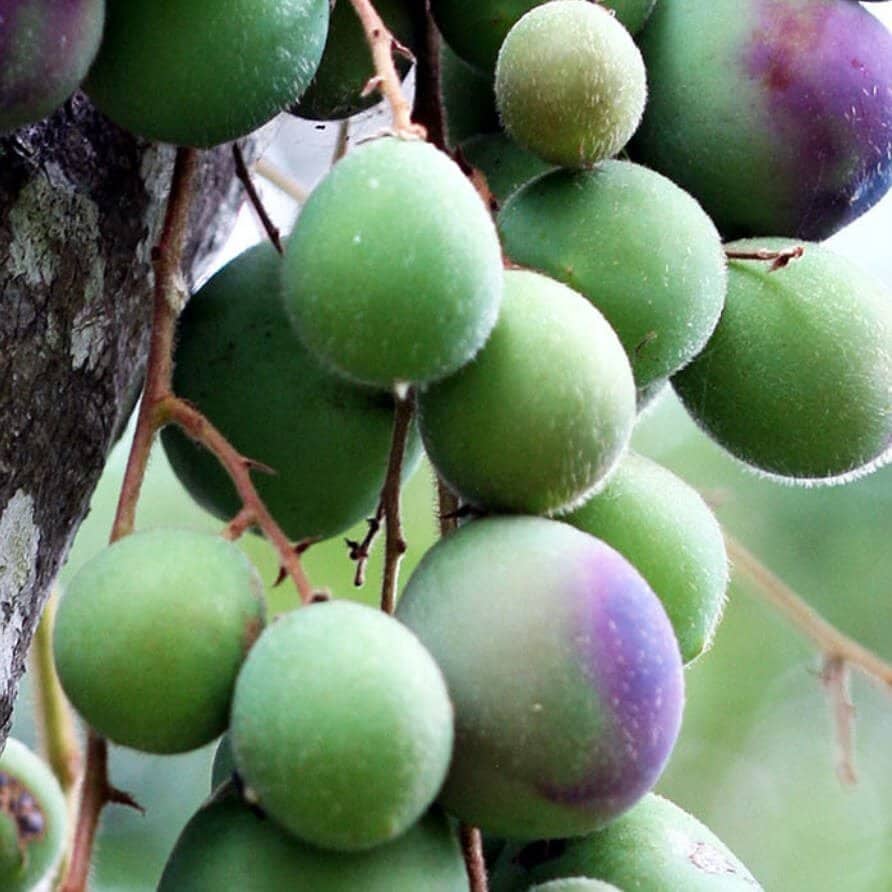Kakadu plums taking off
20/05/2015Demand for bush tucker that doubles as superfood is creating work in remote communities with interest increasing for the vitamin-rich products despite the high price tags they carry
A MELBOURNE-based su- perfood start-up is the latest company aiming to cash in on the Territory’s bush tucker, and is creating hundreds of jobs in remote communities.
Australian Superfoods, has been harvesting Kakadu plums from around Wadeye, where founder Hayley Blie- den said around 200 women have harvested enough fruit this season for the company to stockpile during its first
full year of production. The plums, once freeze- dried, sell for $500/kg and are an ingredient in the company’s $4.50 snack bars.
Ms Blieden says that de- spite the price of her company’s boutique product, there is a big demand for vitamin-rich health foods.
The freeze-dried fruit and bars are sold in health food stores in Melbourne and Sydney, as well as online.
“People are more than willing to pay top dollar for imported superfoods, but Australia has some of the most nutrient-dense foods in the world,” she said, noting that Kakadu plums are the richest known natural source of vitamin C.
“It’s about creating a mar- ket and creating awareness for the product.”
Ms Blieden said one of the start-up’s goals is to make superfoods commonplace in Australian kitchens.
“We want sprinkling dried Kakadu plums on top of breakfast cereal to be as normal as any other fruit.”
Previous attempts to com- mercialise the fruit have had mixed results.
Schemes to use the plums included cosmetics, and as a natural colour stabiliser for commercial seafood crops.
At a recent food expo in California, rumours began to circulate of a Chinese health food group wanting to place orders of up to 800 tonnes, the ABC reported.
Such moves would require the fruit to be cropped rather than harvested from native- grown crops.
Past attempts at commercial cultivation have been met with widespread interest, but so far have proven unsuccessful.
This article was published on 20 May 2015 in NT News. To view article click here.











